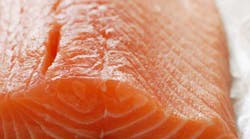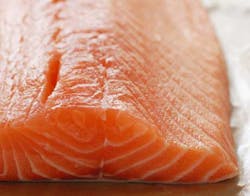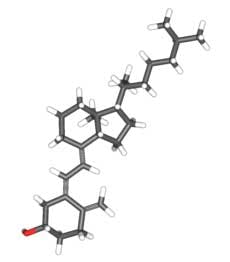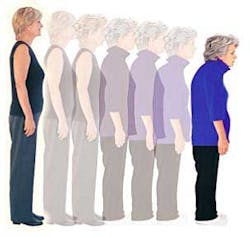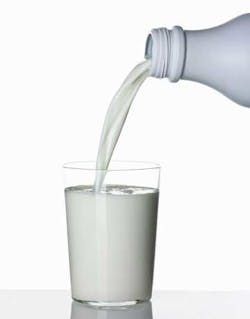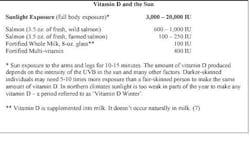Vitamin D and calcium supplementation in women: making sense of conflicting data
Natural dietary sources of vitamin D are few and include fatty fish and egg yolks. Vitamin D is also commonly added to milk and some other dairy products, cereals, and orange juice. Vitamin D is hydroxylated in the liver to 25-hydroxyvitamin D [25(OH)D], the major circulating metabolite, and is then further converted to 1,25-dihydroxyvitamin D (calcitriol).
The IOM also conducted a parallel assessment of calcium and determined that calcium provides critical bone benefits.(1,2) The Women's Health Initiative (WHI), a randomized trial of the benefits and risks of daily calcium (1000 mg) and low-dose vitamin D (400 IU) supplements in 36,282 postmenopausal women (age range, 50–79), showed that treatment led to significantly less bone loss at the hip and a 12% reduction in hip fracture rate.(4) Among WHI participants aged 60, the age group most likely to sustain osteoporotic fractures, the intervention was associated with a larger, statistically significant 21% reduction in hip fracture rate.(4) The evidence suggests the need for sufficient calcium to ensure bone health and prevent fractures.(5) Current recommendations for calcium intake call for 1,000 mg per day for women ages 19-50 and 1,200 mg per day for women over age 50 to ensure bone health. Given recent concerns that calcium supplements may raise risk for cardiovascular disease and kidney stones, women should aim to meet this recommendation primarily by eating a calcium-rich diet and taking calcium supplements only if needed to reach the RDA goal (often only ~500 mg per day in supplements is required).(5) A summary of recommendations: The current RDA for calcium is 1,000 mg per day for women ages 19-50 and 1,200 mg per day for women over age 50. These amounts are necessary to maintain bone health. Women should aim to meet the RDA primarily by eating a calcium-rich diet and take calcium supplements only if needed to reach the RDA goal, given recent concerns that such supplements may raise risk for cardiovascular disease and kidney stones. Often only ~500 mg per day in supplements is required. In women with a low dietary intake of calcium, supplementation to bring the total intake of calcium to the RDA level, but not exceed it, would be expected to reduce risk for hip fracture while having a neutral effect on risk for heart disease, stroke, kidney stones, and cancer.(5)
